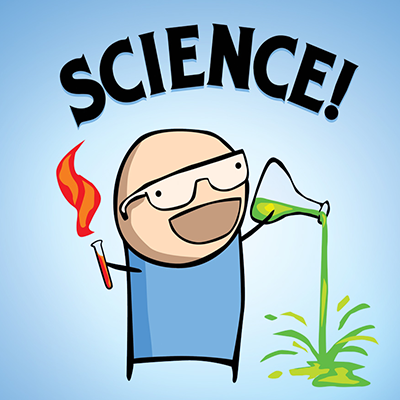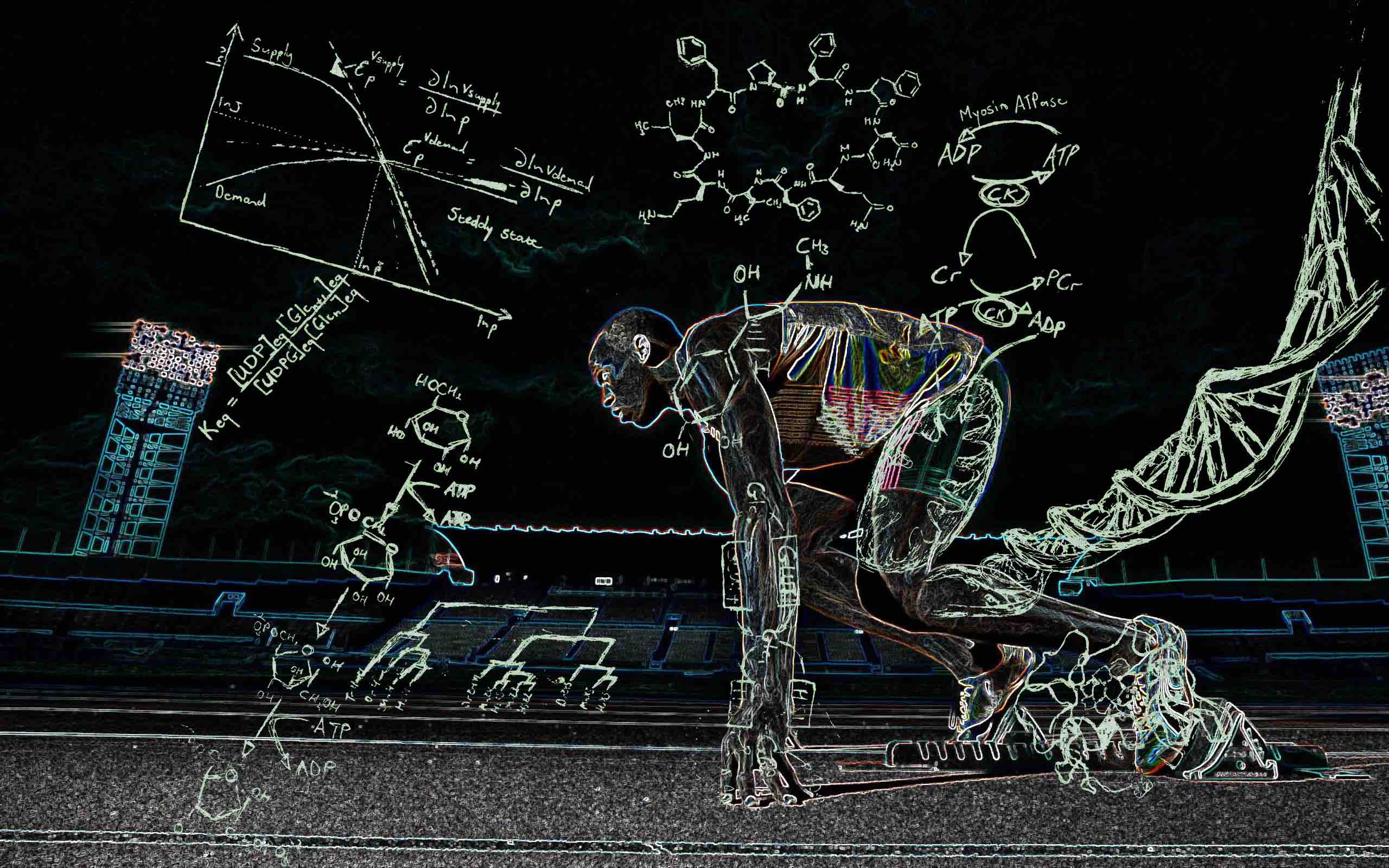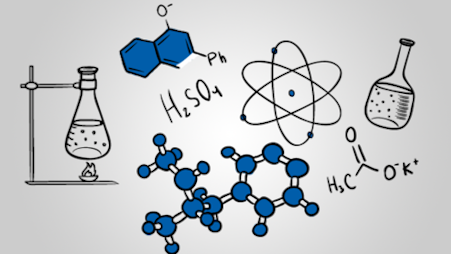Science programs can be divided by their research methods.
Due to the nature of the respective majors, much of the research in Chemistry will be through lab work, while much of mathematics research would be through computational methods. This divide is significant due to the fact that the majority of “lab” sciences courses require you to attend 3 hours of lecture a week plus around 3 more hours for lab work. “math” sciences, on the other hand, do not require any lab work. This significantly frees up your university schedule for studying or other pursuits.

So why would anyone in their right mind take a lab Science?
Ever since I was young, my family could see the budding scientist inside me. I expressed a strong leaning towards wondering why things are the way they are and was very interested in science encyclopedias. I decided that I wanted to do geology. It was the gateway to the altruistic applications of environmental Science, fascinating world of paleontology, exciting life style of field work, and the once lucrative Alberta oil business. Being on top of science classes and winning a biology competition also encouraged me to steer my career towards the sciences.
But however much I might enjoy scientific theory, I was no good at applying Science. I’m bad at labs. Both lab work and lab reports. I always forget steps, spill or break something, or manage to screw something up that makes me resort to borrowing data from other lab groups. My presentation skills in lab reports aren’t the best either.
Bio 30 was my turning point. When I got my mark on my Internal Assessment (basically a major independent lab for IB Biology) was when I knew a lab Science wouldn’t be a good idea for me. I got low 30 in spite of my immense efforts, bringing my mark down by 4 percent :'( This is despite my high 90s on the bio diploma and being a U of T Biology Scholar.
“Next year I’m going to be taking this bio course that’s all lab and no lecture,” I could recall my sister saying.
“That sounds horrible, I’m sorry to hear that,” I replied.
“Are you kidding me? I’m so excited to take that class,” she blurted.
“What is it that’s so fun about labs?” I asked.
“I really cannot imagine myself in a career working anywhere else but a lab,” she said.
My down to earth sister who values pragmatism and structure turned out to be the aspirin scientist, taking biochemistry in University. In real world science, her traits are of greater value than the curiosity and innovative thinking that I possessed.
Being a scientist is definitely not for every scientific mind out there. But don’t let this take the fascination away
Sciences [Laboratory Based]
Biology

Employment Prospects: D+ in 6 years, B in 10 years
Courseload: 7-8/10 undergrad, 10+/10 grad
Expect biology to be plagued by pre med students. And it’s for a fair reason. Medicine might be one of the most lucrative and prestigious applications of biology. I will be talking more about medicine and other health care careers on a separate article.
Aside from medicine, options for biology majors lie on academic research and R&D (research and development), so expect to be doing lots of lab work if you would like a career in biology. Fields in biology include:
Cellular molecular microbial biology (CMB)
Expect less lab work on this major to start with due to the immense amount of theory. Choose this specialization if you wouldn’t mind working with microscope and learning about cellular functions and would like an R&D career.

Biochemists get paid on average more than other biologists. It’s a tough, lab intensive field. Some premed students dread the technical nature of Biochem. Choose this specialization if lab methods really pique your interest.
Zoology/Botany
Zoology (animal Science) is excellent for premed/prevet students, although it does not provide a good back up career. Botany (plant Science) is a niche field for those who want to work with plants. Both specializations can find careers in academic research.
Ecology
While Ecology offers practical applications, I would not recommend this major. It’s obviously different from other biological majors in that the whole world becomes your laboratory—this perhaps makes Ecology sounds more interesting to some. However, an Ecology degree does not let you obtain a P. Ag. designation, as they are often reserved for environmental Science or agrology degree. This severely limits your job search and advancement opportunities in the industry. Secondly, a lot of ecological work does not go to graduates in a city environment. Employers would often train local farmers to conduct ecological work rather than. Then again, if you have a home in Fort McMurray or another environmentally concerning area, a degree might prove to be a valuable niche.

Same boat as Biochem in intensity, although the content might prove to be more interesting. On the other hand, there is less demand for neuroscientists than biochemists so it’s a trade off.
General Biology
The best pre med major of all the above biology specializations hands down. Just biology let’s you take valuable courses in psychology and physics that would be important for admission to med school. It also frees up some time for volunteering and health internships. Also the best if you would like to become a biology teacher. The broad spectrum knowledge and room for education courses gives you a good foundation for education.
Biology, unlike Engineering and Business majors, is not meant to be a terminal degree. That means that biologists in the workforce have a masters or a PhD (or MD), partly due to the oversaturation coming from how many bio majors there are. I would however, not recommend taking a PhD in biology. You would be expected to spend around 70 hours a week working on research in a biology PhD, and you would be expected to be up to date with your research after receiving the degree. Then again, if you are a complete idk potato freak, then by all means get a PhD studying potatoes. Who knows, you might need to survive alone in Mars eating just potatoes.
Chemistry

Employment Prospects: D in 6 years, C+ in 10 years
Courseload: 8/10 undergrad, 10+/10 grad
Chemistry, like biology, is a pure Science. This means that the bulk of careers for chemists would be in research. Oil & Gas, pharmaceuticals, and renewable energy are some of the industries available to chemists. Much of my advice for biology, especially Biochem, applies to chemistry. Oversaturation (lots of graduates not enough jobs) is also a problem for chemists, and so setting yourself apart through internships and advanced degrees would be helpful to your career. The main cause of the oversaturation is the very existence of chemical engineers. Most companies would prefer a chemical engineer over a chemist (even in research positions, surprisingly) because engineers are trained to apply chemistry knowledge. If you are looking into majoring in chemistry, make sure to strong consider chemical engineering as an alternative.
Environmental Science, Agrology, Geology, Kinesiology, on the next article!
Featured Image here.


I love how your career articles provide a unique insight on undergrad degrees that most university or career-planning websites don’t even provide. Thanks Elvin!
I have a question; why are biochemists in more demand than neuroscientists?
Comments are closed.